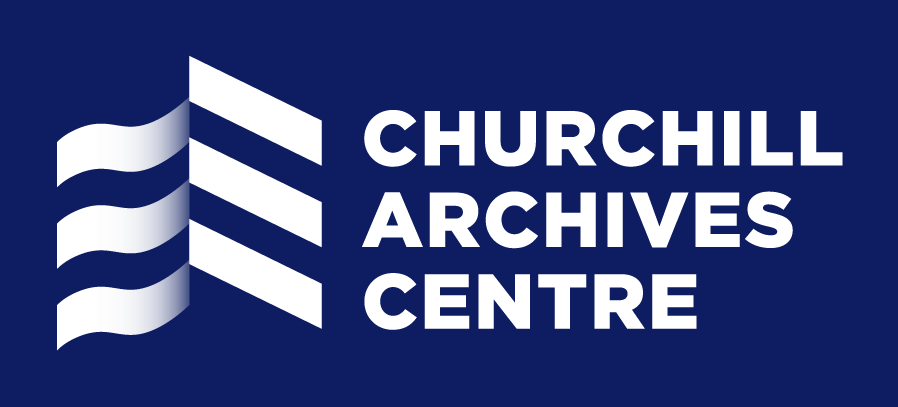The ‘Peace Ballot’ of 1934-35
As well as its central headquarters in Geneva, the League of Nations had a extensive network of local societies which were grouped in the League of Nations Union. Members could attend local meetings to discuss current events, pass resolutions and communicate them to their political leaders or directly to the League. In 1934 a branch of the League of Nations Union in Ilford in Essex got together with the local newspaper and organised a local referendum asking people’s views about the League, about the Locarno treaties, about disarmament and about the arms trade. The vote was overwhelmingly in favour of the League; moreover, many more people voted than turned out in local elections. The leaders of the League of Nations Union, along with a number of church and women’s groups also campaigning for peace, thought it would be worth holding a national ballot along similar lines to the Ilford one, to gauge public opinion across the whole country. The ballot was held in the autumn of 1934 and the results announced in the early summer of 1935.
At this, any historian should sit up and take notice. Here was an organisation actually setting out to find out what the British public thought on the major foreign policy issue of the day. Cynics thought the Peace Ballot, as it was called, would prove a flop; the organisers were hoping for a turnout of some five million. In the event, over eleven and half million people voted, and they voted overwhelmingly in favour of the League. That’s a large number by any standards; the government could not ignore them, and neither can the historian. But how can historians work out what these figures are actually telling us?
There are a number of questions a historian can ask of this event, though not all of them can be answered from the evidence:
Who voted?
This is difficult to say, because the organisers didn’t keep records. There were regional variations in the turnout, but the proportion of Yes and No votes was broadly consistent.
Wouldn’t people who voted in a Peace Ballot be bound to support the League?
This may well be true, though, even if it is, eleven and a half million is still a lot of people supporting the League. The ballot did come under attack: its opponents called it the “Blood Ballot” for letting dictators get away with aggression, so not everyone agreed with the League of Nations Union, and we can assume that at least some of these critics would have voted. Although the majority of voters supported the League, there were variations in the results, which would suggest that people weren’t blindly just saying “Yes” to everything. Lord Robert Cecil, one of the organisers of the ballot, recalled in his autobiography:
The most common criticism of the whole enterprise was that those who voted did so without thinking. I can only say that my small personal experience in canvassing [going round encouraging people to vote] was quite inconsistent with this view. Those I asked were usually much interested. They read the questions carefully and gave their answers in writing. In a certain number of cases, qualifications were added to a negative or affirmative answer.
Source: A Great Experiment: An Autobiography by Viscount Cecil (London, 1941) pp 259-60
What did the ballot actually ask? There were five questions:
- Should Britain remain a member of the League of Nations? (Over 90 per cent said Yes)
- Are you in favour of an all-round reduction of armaments by international agreement? (Over 90 per cent said Yes)
- Are you in favour of the all-round abolition of national military and naval aircraft by international agreement? (80 per cent said Yes)
- Should the manufacture and sale of armaments for private profit be prohibited by international agreement? (Over 90 per cent said Yes)
- Do you consider that, if a nation insists on attacking another, the other nations should combine to compel it to stop, by
a) economic and non-military measures? (Over 90 per cent said Yes)
b) if necessary, military measures? (70 per cent said Yes)
What impact did the Peace Ballot have?
The ballot got rather overtaken by events. While it was still going on Hitler launched his famous “Night of the Long Knives” putsch and Mussolini launched his invasion of Abyssinia. Lord Robert Cecil said that Baldwin, the Prime Minister, told him the ballot had been “of very great value”, and Cecil added, “I have no doubt it influenced their [ministers’] policy for the time, but not permanently or, from my point of view, sufficiently”. Baldwin’s biographer points out that, while Baldwin could not possibly ignore what eleven million voters were telling him, he could still put his own spin on the ballot result.
Baldwin’s own favourite newspaper, the Birmingham Post, pointed out that “the answers given to questions 5a and 5b are most significant peace-loving as this nation is, it still believes in a need to resort to arms”. Moreover, while people might favour sanctions, Baldwin knew that applying sanctions would mean taking physical action, including blockading aggressor nations’ ports, and he was not prepared to do that until he knew what American policy was likely to be. So we might say that the ballot confirmed Baldwin in his already cautious foreign policy.

